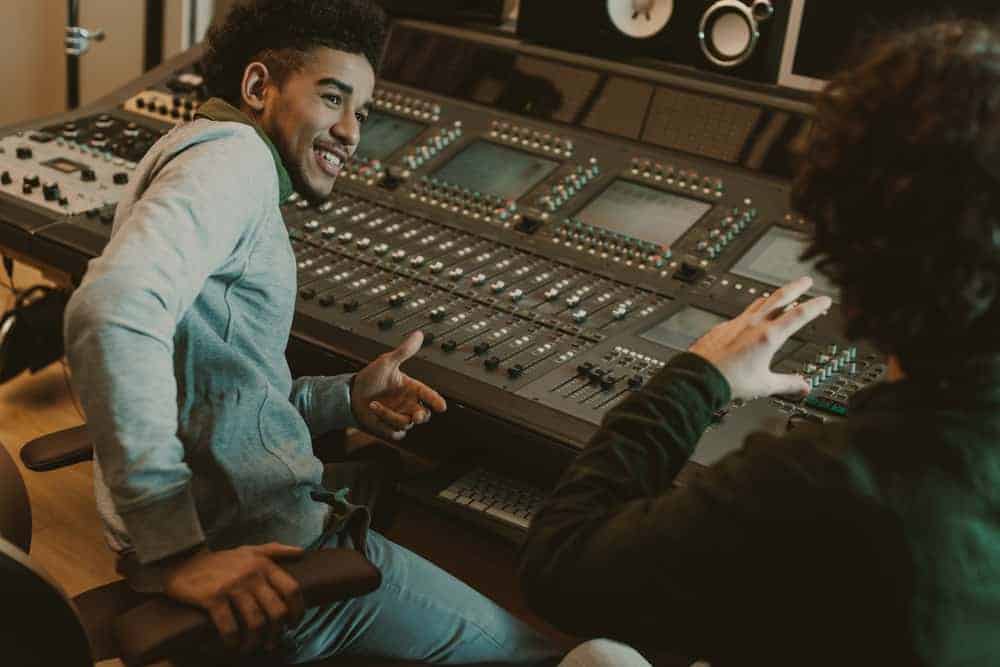Working on state-of-the-art equipment is by far one of the major reasons for attending an audio engineering school. This kind of experience is priceless in a music industry that keeps evolving. Having the proper equipment is now more important than ever.
The best benefit of having hands-on experience with this equipment is that you learn the industry standard right from the beginning. That wipes out your feeling of not being able to operate as a professional Producer.
Now there are a few drawbacks in this arena.
The most common problem is that the quality and standards of this equipment can vary drastically between schools. Usually, you can tell the difference between old and new equipment with the eyeball test. So make sure and visit any school you intend to enroll in, prior to signing up.
The other issue is quantity of equipment and studio space. Basically the less there is, the less you will be able to use it. Generally, if the classes are crowded you may only get a few hours here and there to work. So before enrolling be sure to find out how much studio time is typical per student.
